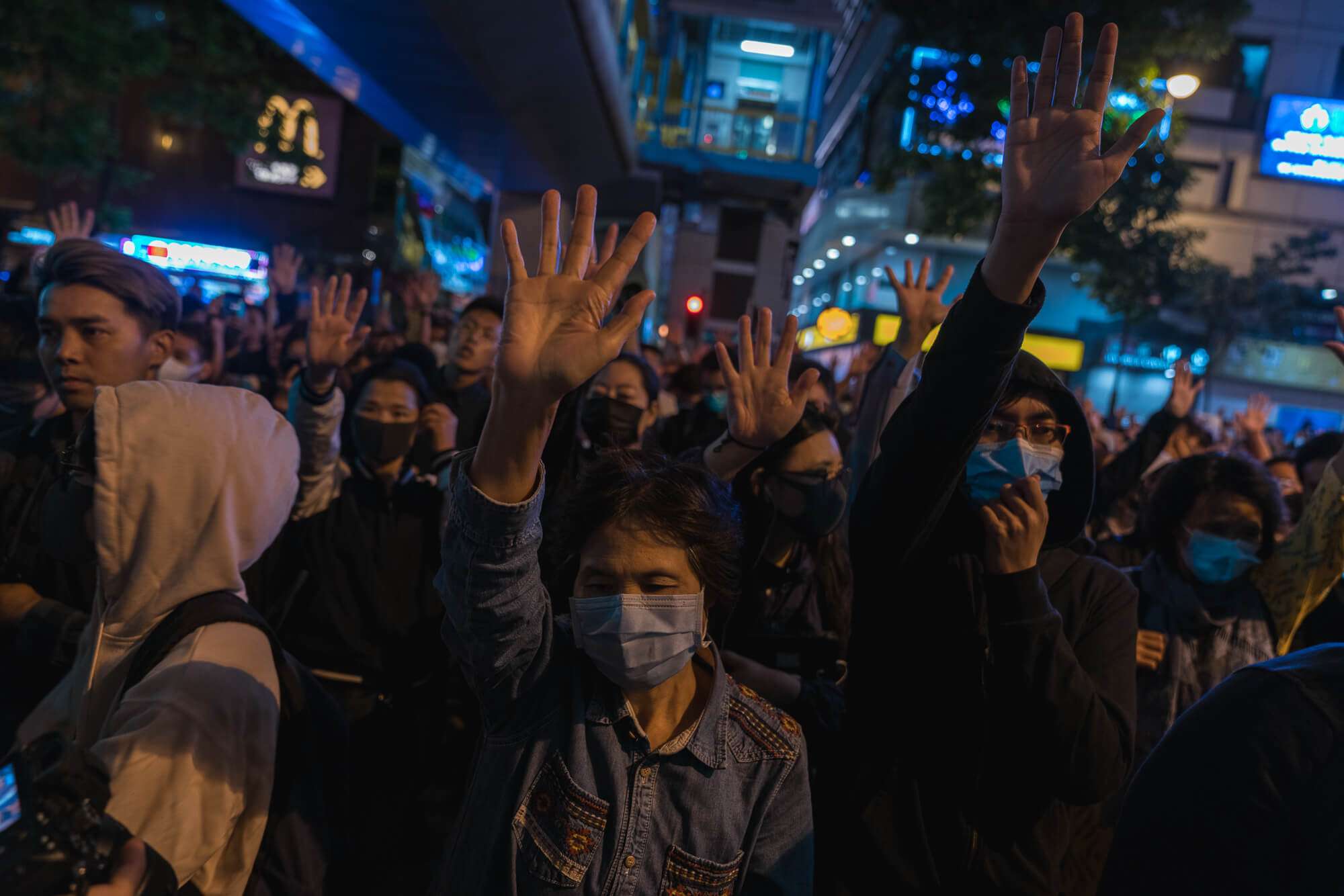Lorenz Huber is a freelance videographer based in Istanbul and Zurich. Over the last ten years, he has developed himself from a corporate shooter in Switzerland to an international news and documentary cameraman and editor working with a range of different networks and newspapers like CNN International, the New York Times or Eurosport.
While constantly working as a freelancer he also did a Bachelor of Arts in Journalism and Communications at the Zurich University of Applied Sciences. After finishing his studies in 2017 he spent half a year in Tajikistan to shoot reports for the Swiss Caritas and then relocated to China where he stayed from 2018 to 2021. In his three years in East Asia, he intensively covered topics like the suppression of the Uyghur people in Xinjiang, the massive protests in Hong Kong, and of course the Corona Virus. During this time Lorenz started to diversify from news coverage into documentaries, working together with the BBC's Panorama or with Arte on various projects.
In late 2021 Lorenz Huber returned to Europe and then after a quick stop in Buenos Aires set his focus on the Middle East. In the spring of 2022, he relocated to Istanbul where he started to work closely together with the CNN International Bureau, shooting news, features, and business for the network. This included the intense monthlong coverage of the devastating Turkey-Syria earthquake, which struck in early 2023 and was the most deadly quake to hit the region in modern history. Together with the CNN team, Lorenz was also among the first foreign reporters to get access to the opposition-held region of Northwest Syria, where they reported on the impact of the disaster on the already war-torn Idlib province and its people.

